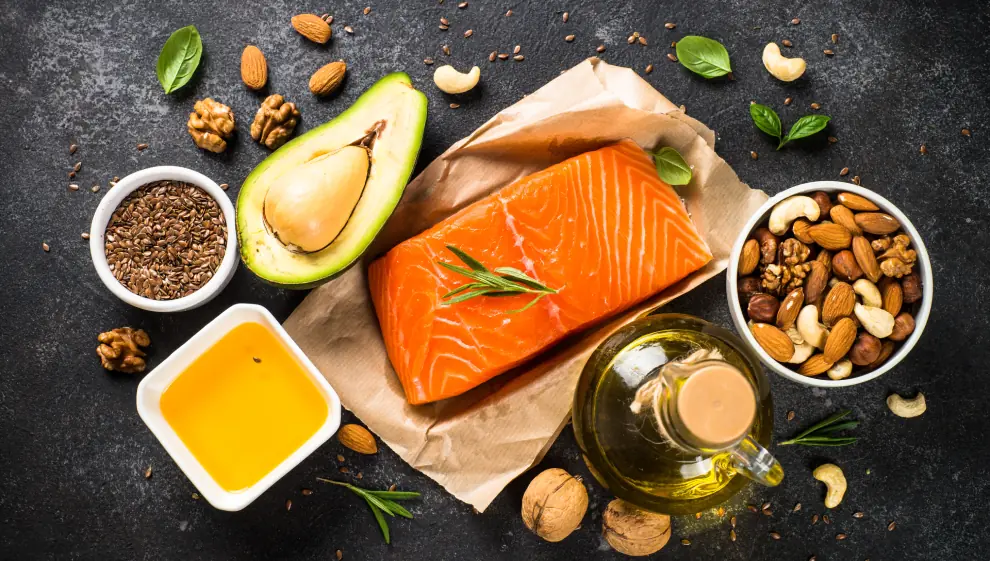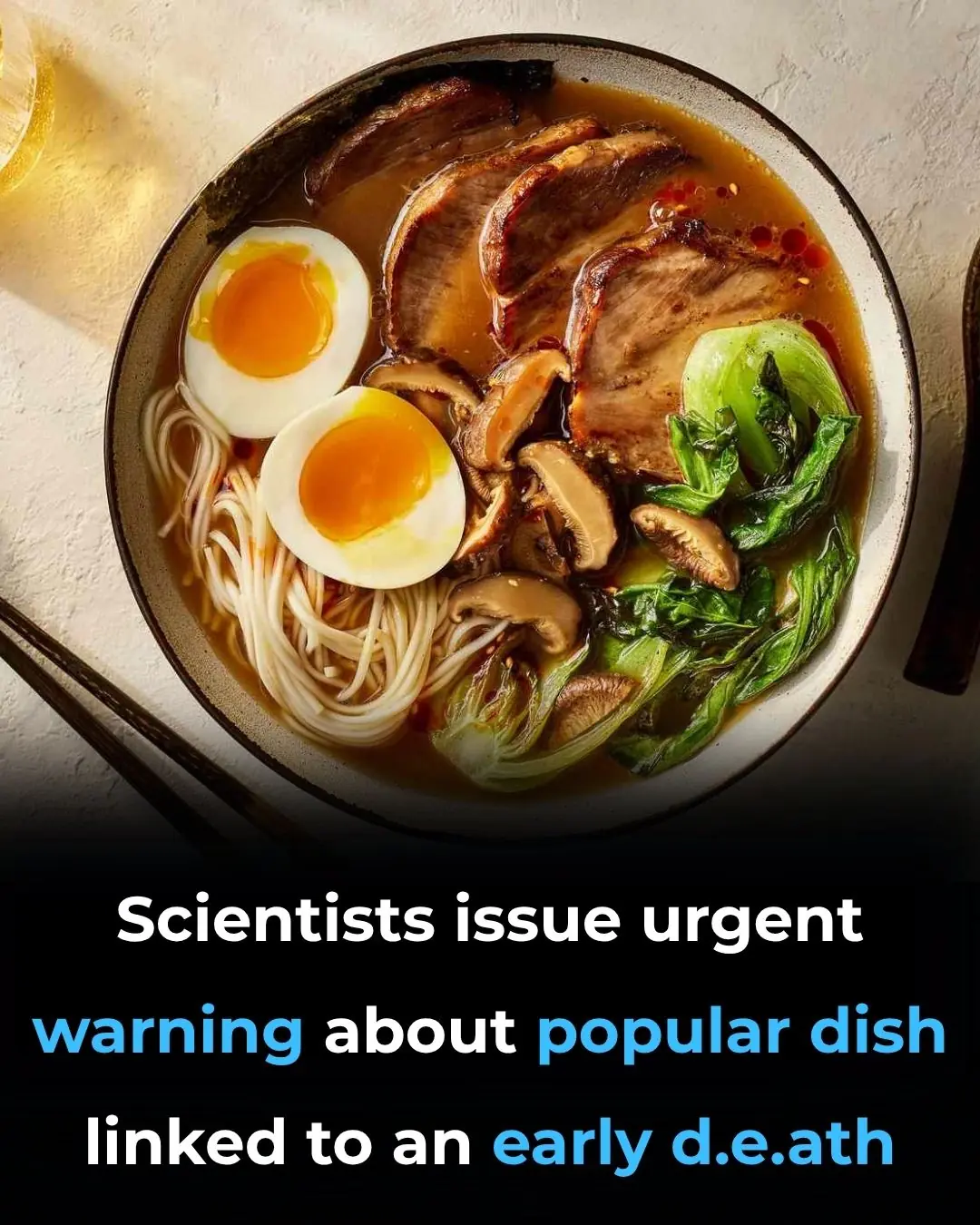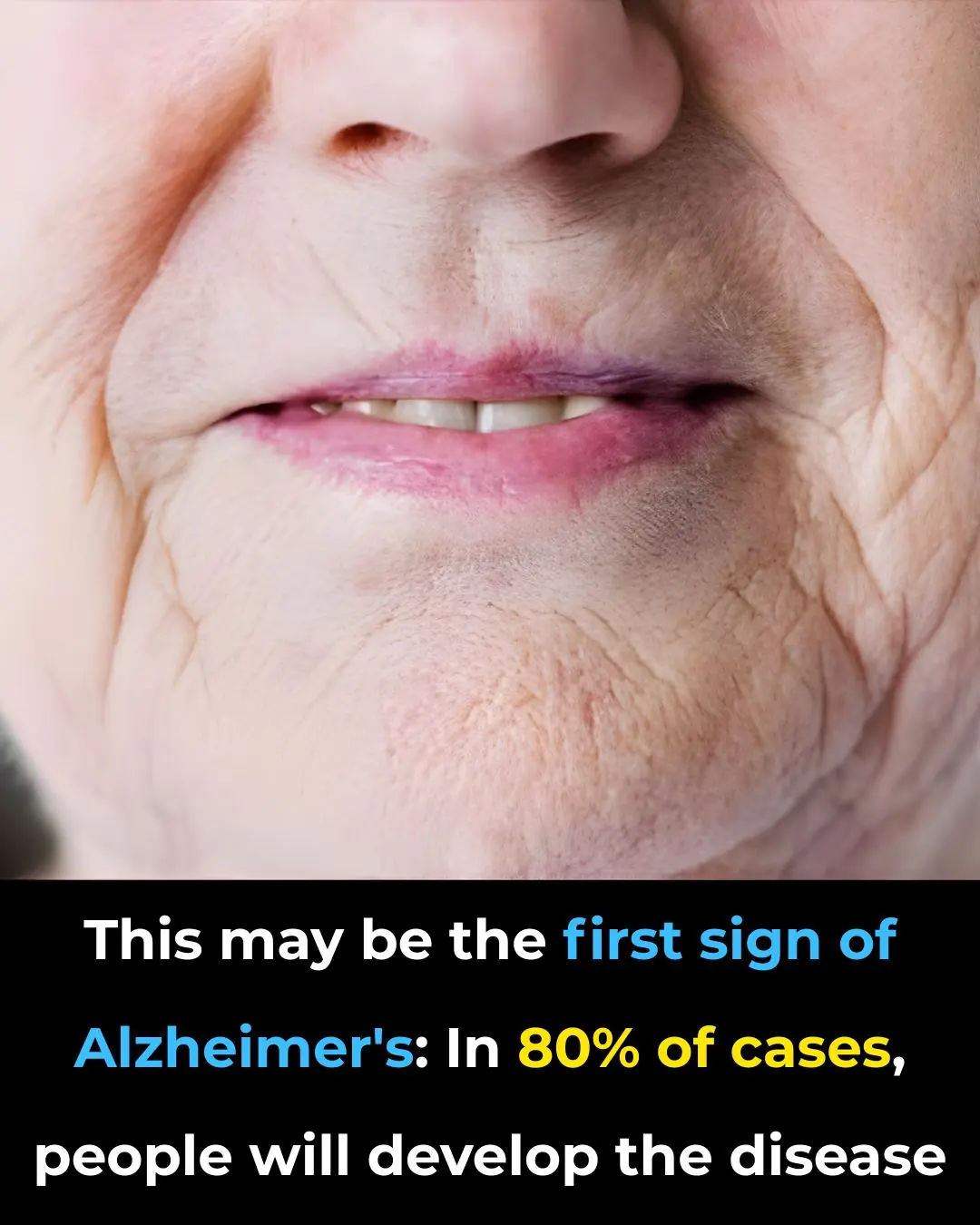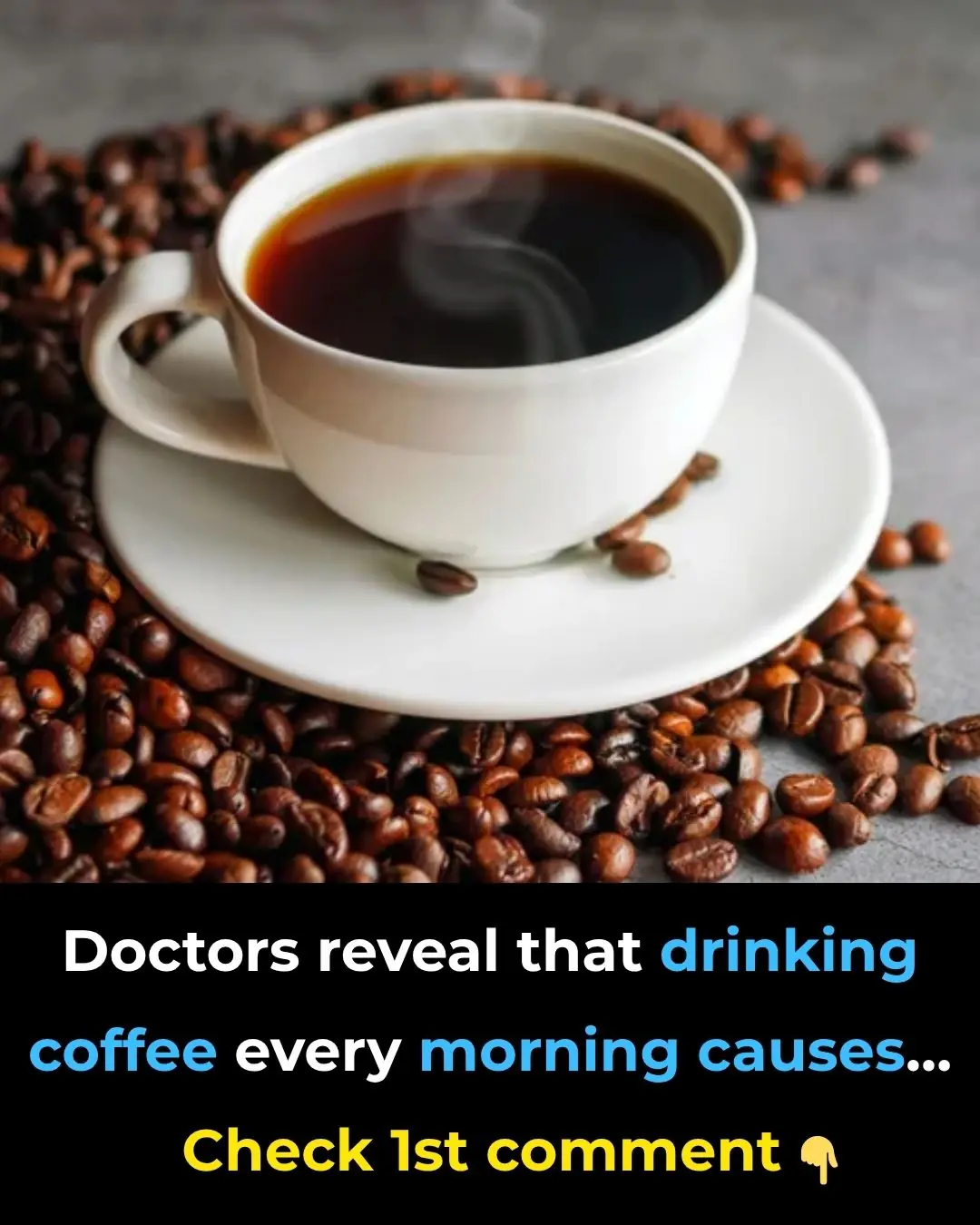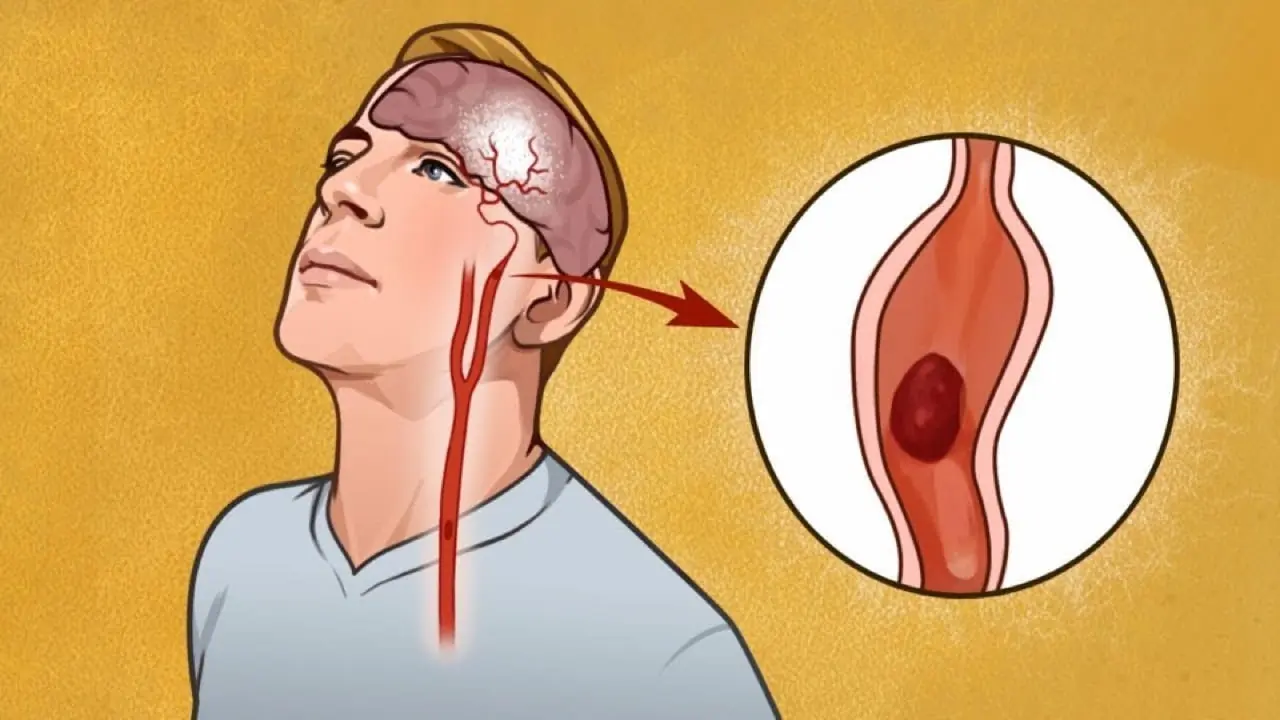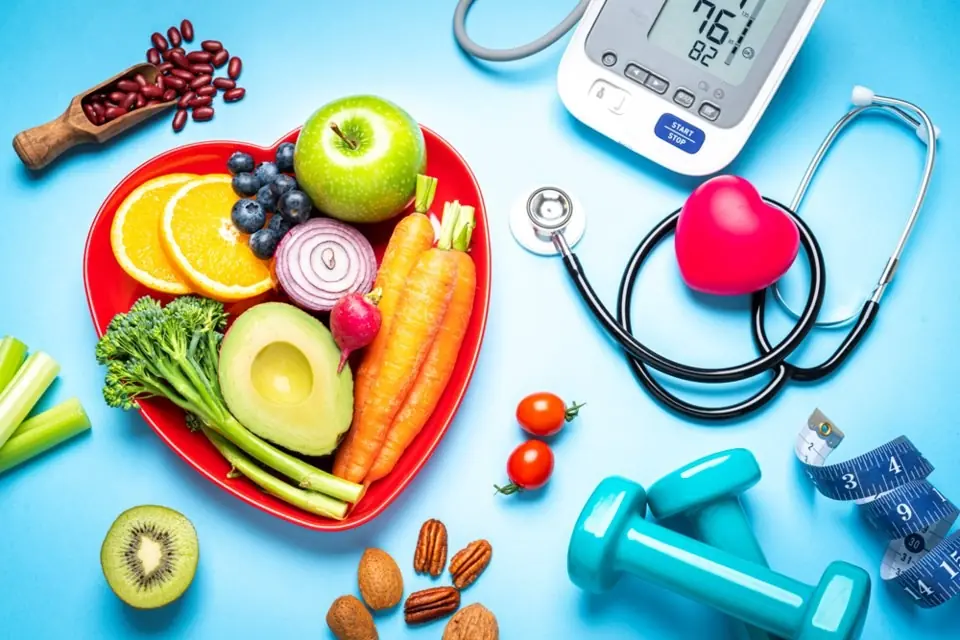What Really Happens to Your Heart During a 5-Day Fast: A Day-by-Day Breakdown

What happens to your body—specifically your heart—when you stop eating for multiple days? Does it slow down, get weaker, or is it harmed in some irreversible way? Actually, the opposite might be true. Instead of breaking down, your heart may become stronger, more efficient, and remarkably cleaner—contrary to what many people and even some doctors might assume.
Sounds radical, right? That’s what I thought too. But what if I told you that stars like Terry Crews, Hugh Jackman, and Jack Dorsey have embraced a practice that taps into your body’s hidden potential—a method many in the mainstream health world still dismiss?
These public figures have found a tool that unlocks powerful benefits: fasting. Backed by research in journals like Nature, Cell, and Circulation, fasting has been shown to revive your heart, sharpen your mind, and reset your immune system in ways most diets could never accomplish.
In this expanded, in-depth guide, we’ll walk you through what happens to your body—especially your cardiovascular system—each day you fast for five days, based on the insights of Dr. Andre Wambier and cutting-edge medical literature. But before you go skipping your next meal, take this to heart:
⚠️ Important Disclaimer: This article is for educational purposes only. Prolonged fasting without medical supervision can lead to serious complications, including dangerous arrhythmias, electrolyte imbalances, fainting, and even sudden death.
Why discuss it, then? Because at the end, we’ll show you how to safely access 80% of fasting’s benefits with none of the risks, through a powerful and sustainable strategy you can begin today.
🔑 Quick Takeaways:
-
Day 1: Body depletes glycogen; heart switches from carbs to fat as its preferred fuel.
-
Day 2: Brain runs on ketones; hunger surprisingly fades.
-
Day 3: Autophagy activates; your immune system begins a deep reset.
-
Day 4: Inflammation plummets; arteries and heart get a break.
-
Day 5: Maximum regeneration—but also maximum danger without supervision.
-
The Safe Alternative: 16:8 intermittent fasting mimics many of these effects safely and sustainably.
➡️ Day 1: The Great Adaptation Begins
The moment you stop eating, your body starts to panic—at least at first. It’s been conditioned to expect food every few hours, and now... silence. But rather than shutting down, it adapts quickly, shifting into survival mode with surprising grace.
Weight loss on day one can be dramatic—4 to 6 pounds in some cases—but don’t get too excited. What you’re losing is mostly water, not fat. Your body uses stored glycogen—a sugar reserve in the liver—and for every gram of glycogen burned, you release about three grams of water. That’s why your bathroom trips increase and your scale drops.
But here’s the real surprise: your heart, once dependent on sugar, begins to change. As insulin levels plummet, your heart becomes more flexible in its fuel usage, turning to fatty acids and ketones for energy.
🔬 According to the Journal of the American College of Cardiology, the heart produces more energy per oxygen molecule from fat and ketones than from glucose, improving both performance and efficiency.
At the same time, blood pressure begins to fall, partly because insulin’s drop allows your kidneys to release excess sodium and fluid. This helps people with hypertension experience significant improvement—sometimes even within the first 24 hours.
➡️ Day 2: Brain in Turbo Mode, Hunger Turns Off
With glycogen fully depleted, your liver steps in and converts stored fat into ketone bodies—fuel molecules that are clean, efficient, and surprisingly brain-friendly. At this point, your metabolism shifts fully into ketosis.
People often report a surprising effect on day two: mental clarity. No more fog. Thoughts become sharper, focus improves, and energy stabilizes.
Some claim this is due to a spike in BDNF (Brain-Derived Neurotrophic Factor), which supports learning and memory. But the truth is more nuanced.
📚 A 2024 systematic review of 16 human studies found mixed effects on BDNF during fasting. The most rigorous trials showed no significant rise in BDNF after short-term fasting.
So what’s behind the cognitive upgrade? It’s the ketones. They provide steady, high-octane energy, eliminating the blood sugar rollercoaster you experience on a carb-heavy diet. Think of it as switching from sputtering gasoline to clean-burning rocket fuel.
Even more astonishing: hunger starts to fade. Your body begins using its own fat as fuel—constantly and consistently—so your brain stops triggering the hunger alarm.
➡️ Day 3: The Nobel-Winning Cellular Cleanup
Now you enter deeper biological territory. Around the 72-hour mark, your body triggers a cellular “spring cleaning” process called autophagy, a term that literally means “self-eating.”
But don’t worry—it’s not harmful. It’s brilliant. Your cells start to digest old proteins, damaged mitochondria, and even remnants of viruses to rebuild and regenerate new components.
🏆 Japanese biologist Yoshinori Ohsumi won the 2016 Nobel Prize in Medicine for discovering how autophagy contributes to cellular health and longevity.
This internal recycling reduces your risk of cancer, neurodegenerative diseases, and metabolic disorders. But the real superstar of day three is your immune system.
📄 Dr. Valter Longo’s groundbreaking study in Cell demonstrated that after 72 hours of fasting, old white blood cells are broken down, and stem cells begin generating fresh ones—effectively rebooting your immune system.
And it’s not theoretical. In a 2024 follow-up, Longo showed that after several fasting cycles, participants had not only a younger immune profile but also reduced biological age by over 2.5 years on average.
➡️ Day 4: Inflammation Begins to Crumble
At this point, you are deep in nutritional ketosis, and your metabolism is humming. But something even more profound is happening on the cellular level: inflammation is dropping like a stone.
🧪 A meta-analysis in the American Journal of Clinical Nutrition found dramatic reductions in key inflammatory markers:
-
C-reactive protein (CRP): ↓ up to 67%
-
Interleukin-6: ↓ about 58%
-
TNF-alpha: ↓ around 43%
Why is this so important? Chronic inflammation is the underlying cause of heart disease, stroke, diabetes, and even Alzheimer’s. And much of it comes from our modern diet—ultra-processed foods, loaded with sugar, refined carbs, and synthetic fats.
During a fast, you're giving your body a break from this onslaught. Your arteries relax, your blood pressure improves, and your heart workload drops.
💡 A 2024 clinical trial published in Circulation called the InterFesti study showed that heart attack survivors who practiced intermittent fasting improved their heart’s ejection fraction by 5% over the control group—a huge win in cardiology.
➡️ Day 5: Maximum Healing—But Maximum Risk
By the fifth day, all systems are operating at peak optimization. You’ve hit maximum autophagy, deepest ketosis, and your inflammation is at its lowest point.
But here’s the warning: this is also when danger begins to loom.
Your body has been flushing out water and electrolytes (sodium, potassium, magnesium, calcium) for days. These are critical for heart rhythm stability. If potassium levels fall too far, your heart could go into a fatal arrhythmia.
⚠️ This is not an exaggeration. Prolonged fasting can be deadly if done incorrectly or without supervision.
❌ Who Should Never Attempt a Multi-Day Fast:
-
People with diabetes (especially on insulin)
-
Those with heart failure or recent heart attack
-
Uncontrolled hypertension
-
Pregnant or nursing women
-
Anyone under 18
-
Individuals with eating disorders
-
Anyone on medications that must be taken with food
Even healthy individuals can experience dizziness, fainting, nausea, fatigue, and irregular heartbeats without proper hydration and electrolyte management. A 5-day fast should only be undertaken with medical guidance.
🔑 The Safe Alternative: 16:8 Intermittent Fasting
You might be thinking, “If a five-day fast is so risky, what’s the point?” Here’s the good news: you don’t have to fast for days to get the benefits.
Enter 16:8 intermittent fasting. This method
